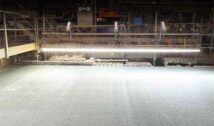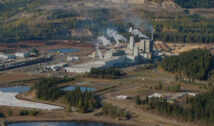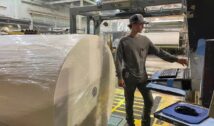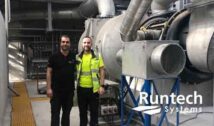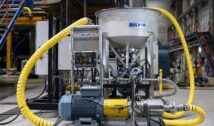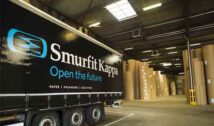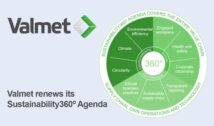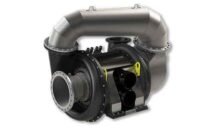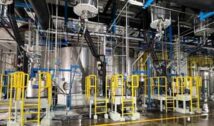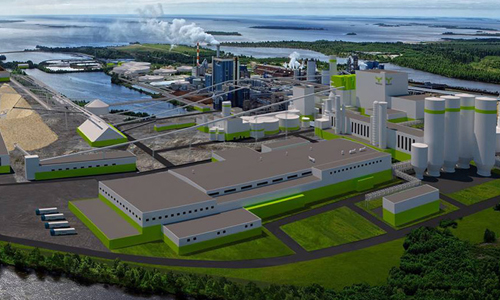
Metsä Fibre, part of Metsä Group, and Aquaflow have signed a preliminary agreement concerning a wastewater treatment plant for the Kemi bioproduct mill. The plant would treat the wastewaters of the entire Kemi mill integrate. The agreement covers equipment delivery and process engineering. The degree of Finnish content is approximately 70%. The planning of the bioproduct mill is based on a high degree of environmental, energy and material efficiency. If implemented, the mill would be built using the best available techniques (BAT), and the wastewater treatment plant would represent even more advanced technology than required by BAT standards. Wastewater emissions are minimised primarily by closing water circulations and with good operation of the production process, and with the help of an advanced wastewater treatment process.
The Kemi mill integrate’s wastewater burden on the waterways would be extremely low compared to the emission levels achievable by the best available techniques. Achieving emission level as low as this requires the latest process technology in both production processes of bioproducts and wastewater treatment, combined with good and consistent usability. The emission level as a whole can be considered exceptionally low on both the Finnish and global scale.
“The wastewater treatment plant represents the best available technique and helps to ensure that we will achieve the best environmental performance possible, whatever the conditions,” says Jari-Pekka Johansson, Project Director, Metsä Fibre.
Aquaflow also delivered the wastewater treatment plant of Äänekoski bioproduct mill. The plant to be delivered to Kemi will be implemented with equivalent technology. Operation of the new wastewater treatment plant is based on a multistage biological treatment process and further chemical treatment, which achieves the required efficiency and reliability. Aquaflow is a global market leader as a supplier of wastewater technology to the chemical forest industry.
“We will bring the good experiences achieved with a skilled partner from the Äänekoski bioproduct mill project to Kemi and we are going to achieve ambitious environmental targets,” adds Johansson.
“It is great to continue the effective cooperation with Metsä Fibre in a very large domestic project,” comments Mikko Lonka, Sales Director, Aquaflow.
The Kemi bioproduct mill project of Metsä Group, is progressing according to plan. In addition to equipment purchasing, the project is currently being progressed through environmental permit process, financing negotiations and logistics needed for the new mill. The investment decision of EUR 1.5 billion mill will be made at the earliest this autumn 2020. The project engineering started in August 2020 which means the detailed planning of the mill’s technology, construction, installations and commissioning, as well as preparation for the construction phase. Project engineering is carried out with the four main implementation partners: Valmet, ABB, AFRY and Fimpec. More than 400 people have been working in the project organisation since the beginning of August. During the bioproduct mill’s construction phase, its employment impact is estimated to be nearly 10,000 person-years, of which more than half would be carried out in Kemi. The number of employees working over the entire construction phase is estimated to rise to around 15,000.
The bioproduct mill would not use any fossil fuels at all, and its electricity self-sufficiency rate would be 250 per cent. This would further strengthen Metsä Group’s major position as an electricity producer relying on renewable Finnish products.
If implemented, Kemi bioproduct mill would produce 1.5 million tonnes of softwood and hardwood pulp a year, as well as many other bioproducts. The investment would secure the existing 250 jobs at the Kemi mill for decades to come. Through its direct value chain, the bioproduct mill would employ around 2,500 people in Finland, which is 1,500 people more than the current pulp mill in Kemi employs.





